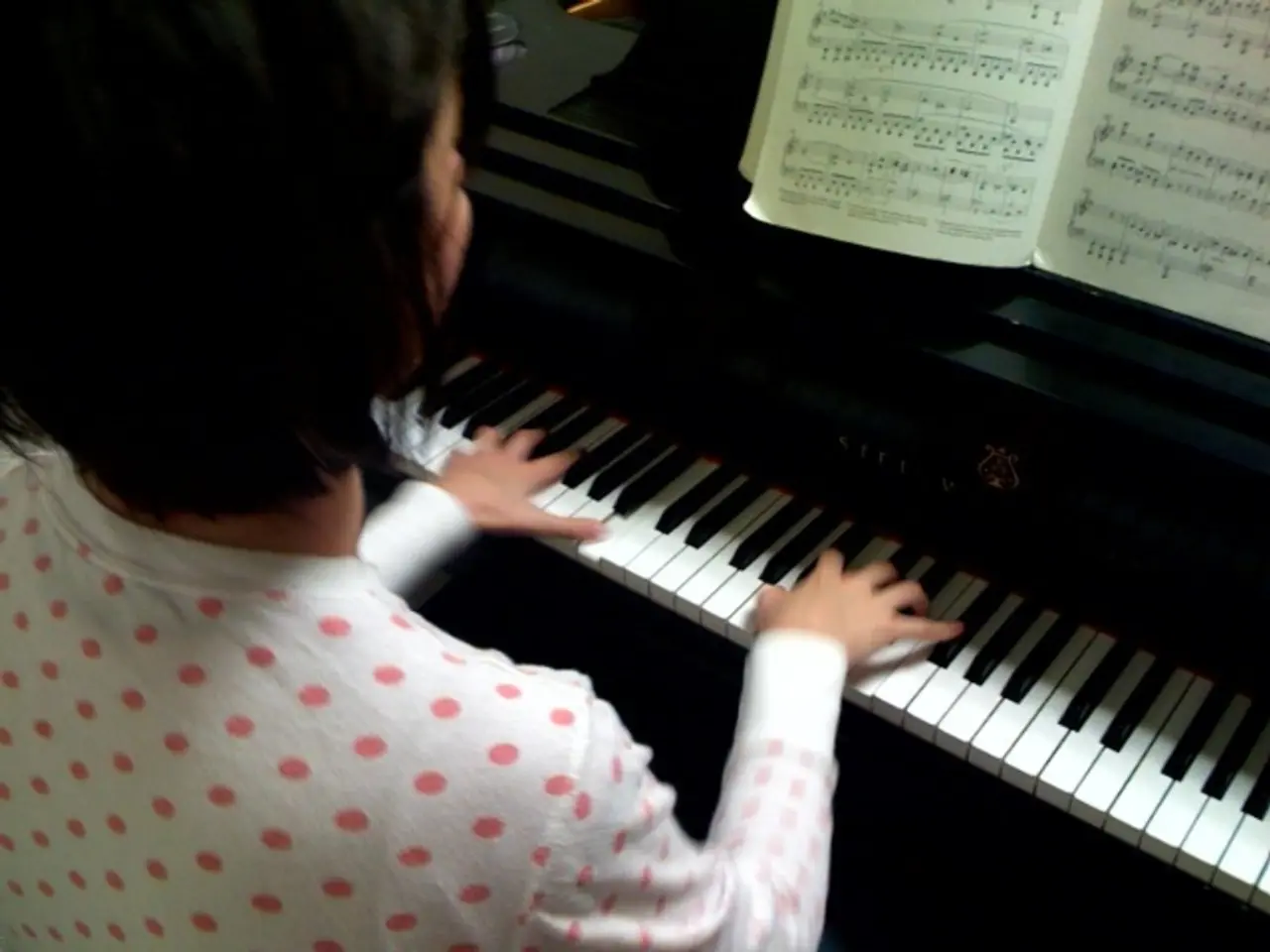Struggling with the Melody: Understanding Brains That Fail to Appreciate Music
By Julia Grimmett, Cell Press
A groundbreaking study has shed light on the intriguing world of individual differences in reward sensitivity, including those with specific musical anhedonia – an impaired ability to derive pleasure from music despite intact responses to other rewards. This research, published in the journal Trends in Cognitive Sciences, focuses on understanding individual differences in specific rewards, using music as an example.
The study reveals that specific musical anhedonia arises from a disconnection between the brain's auditory network and its reward circuit. People with this condition can perceive and process musical sounds normally, but their brain’s reward system – which normally activates to produce pleasure – is not properly engaged in connection with the auditory areas. This disconnect causes music to fail in generating the typical pleasurable sensations, even though the reward system itself functions normally in response to other rewards like food, money, or social interaction.
Brain imaging studies, notably functional MRI, have demonstrated this reduced activity in the reward circuitry specifically during musical listening, confirming that the reward circuits are intact but the communication with auditory processing areas is impaired. This has been revealed through measures like the Barcelona Music Reward Questionnaire (BMRQ), which assesses various ways music can be rewarding – emotional evocation, mood regulation, social bonding, sensorimotor engagement, and novelty seeking – with affected individuals scoring low across all aspects.
The implications of this research extend beyond music, as researchers propose that this model of a selective disconnect between specific sensory or perceptual brain regions and the reward system could apply beyond music. For example, specific food anhedonia might involve deficits between regions processing food stimuli and the reward circuitry. Studying these selective circuit interactions could reveal new, narrowly defined anhedonias that correspond to other types of rewards. This approach opens pathways for exploring individual differences in reward-related experiences, possibly aiding in understanding disorders like addiction and eating disorders.
In summary, the neural disconnect between auditory processing areas and the brain's reward system is the mechanism behind musical anhedonia. The reward circuit itself remains intact and responsive to other rewards. The implications suggest that other specific anhedonias might exist, depending on connectivity between sensory-specific processing areas and reward circuits. The research tool, the Barcelona Music Reward Questionnaire, helps quantify musical reward sensitivity and could inspire similar tools for other rewards.
This growing understanding emphasizes that anhedonia is not always a global loss of pleasure but can be highly specific depending on brain network connectivity patterns. The original research is open access, and it was supported by funding from the European Regional Development Fund, the Spanish Ministry of Science and Innovation, the Government of Catalonia, the Canadian Institutes of Health Research, and the Fondation pour l'Audition, Paris.
The team is currently collaborating with geneticists to identify specific genes that might be involved in specific musical anhedonia. They plan to investigate whether musical anhedonia or other similar conditions can be reversed. Moreover, the study suggests that the methodologies from music research can be applied to other rewarding stimuli. The image is credited to the website's own credit.
- Cognitive science news reveals that depression, like musical anhedonia, might arise from a similar disconnection in the brain between sensory processing areas and the reward system.
- As neuroscience advances, the healthcare and wellness sector may see new therapies and treatments focused on addressing cognitive processes related to motivation and mental health issues, such as depression.
- The study of aging, cognitive science, and neuroscience together could provide insights into how changes in brain connectivity influence the experience of specific forms of anhedonia as people grow older.
- The implication of this research suggests that genetics might play a significant role in the development of specific anhedonias, such as depression, as researchers currently collaborate to identify specific genes linked to musical anhedonia.
- In the future, science might find ways to reverse specific anhedonias, such as depression, by understanding the underlying genetic factors and neural connections involved.
- As neuroscientists explore different rewarding stimuli, they may uncover new types of anhedonias that might be relevant to various aspects of health and mental wellness, including depression.




